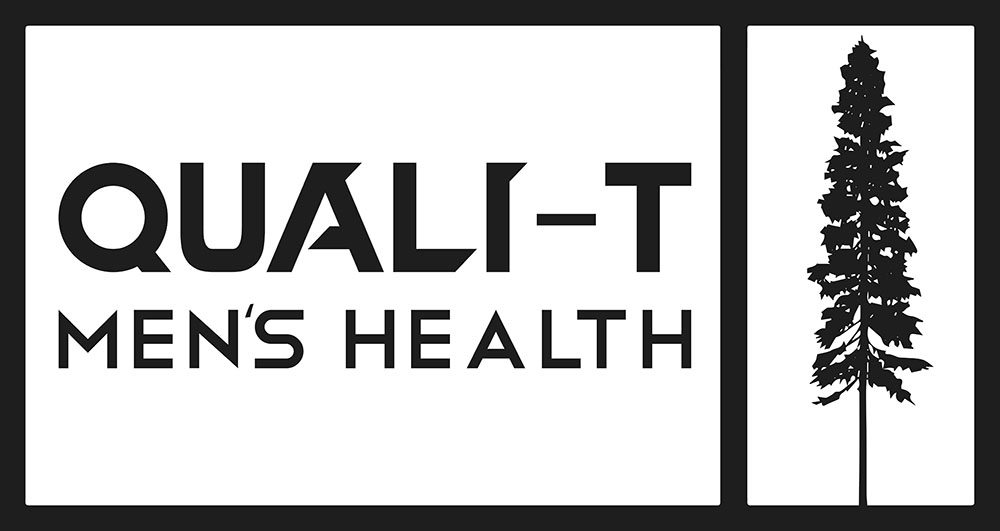
The FDA has recently removed the black box warning regarding blood clot risks from testosterone replacement therapy (TRT) medications, a significant shift that reflects updated research and a better understanding of the actual risks involved. At Quali-T Men’s Health, we stay on top of these regulatory changes to provide you with the most accurate and up-to-date information. In fact, we have been preaching that TRT does not increase the risk for blood clots since before we opened! Here’s what this change means for you and your TRT journey.
What Was the Black Box Warning?
A black box warning is the strongest warning the FDA places on prescription drugs, indicating a potential serious risk. Previously, TRT medications carried a black box warning for an increased risk of venous thromboembolism (VTE), which includes:
- Deep Vein Thrombosis (DVT): A blood clot that forms in a deep vein, usually in the legs.
- Pulmonary Embolism (PE): A life-threatening condition where a blood clot travels to the lungs, blocking blood flow.
This warning led to concern among both patients and healthcare providers, often discouraging some men from seeking TRT even when it was medically appropriate.
Why Did the FDA Remove the Warning?
The FDA’s decision to remove the black box warning was based on newer research and clinical evidence indicating that TRT does not inherently increase the risk of blood clots in healthy men. Instead, the risk factors for blood clots are often related to pre-existing conditions, including:
- Genetic clotting disorders (such as Factor V Leiden)
- Obesity and sedentary lifestyle
- Smoking and cardiovascular disease
In other words, testosterone therapy alone is not a major independent risk factor for VTE when prescribed and monitored correctly.
What This Means for Men on TRT
The removal of the black box warning is great news for men considering or currently undergoing TRT. It means:
- Less unnecessary fear and stigma surrounding TRT’s safety
- A clearer distinction between true risk factors and the therapy itself
- More confidence for patients and providers in prescribing and managing TRT effectively
How Quali-T Men’s Health Ensures Safe TRT Treatment
While the removal of the black box warning is reassuring, proper screening and monitoring remain essential. At Quali-T Men’s Health, we take a comprehensive approach to ensure your treatment is both safe and effective:
- Thorough Pre-Treatment Screening
- Assessing medical history, genetic risk factors, and baseline cardiovascular health
- Evaluating blood marker levels
- Regular Monitoring During TRT
- Conducting routine blood work
- Adjusting treatment plans as needed to maintain a healthy balance
- Promoting a Healthy Lifestyle to Reduce Risks
- Encouraging exercise, hydration, and proper nutrition to support circulation
- Managing other cardiovascular risk factors like smoking cessation and weight loss
The Bottom Line: TRT Is Safer Than Previously Thought
The removal of the black box warning is a major step forward in recognizing the true safety profile of TRT. At Quali-T Men’s Health in Eugene and Salem, OR, our goal is to provide you with safe, effective, and personalized hormone therapy while keeping you informed about the latest medical updates.
If you have any concerns about TRT and blood clot risks, schedule a consultation with us today. We’re here to help you make confident, informed decisions about your health!





